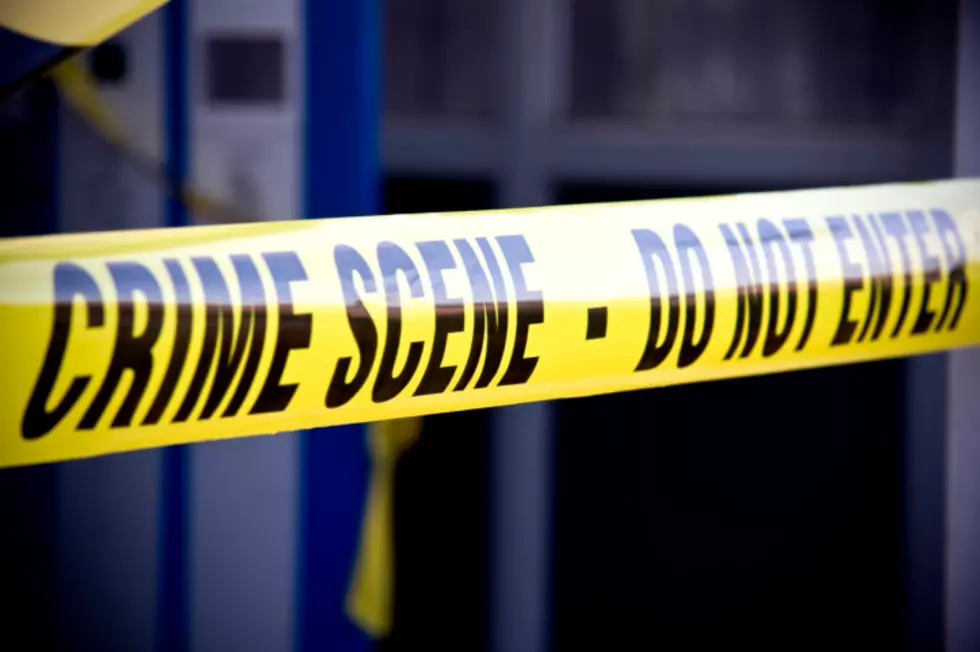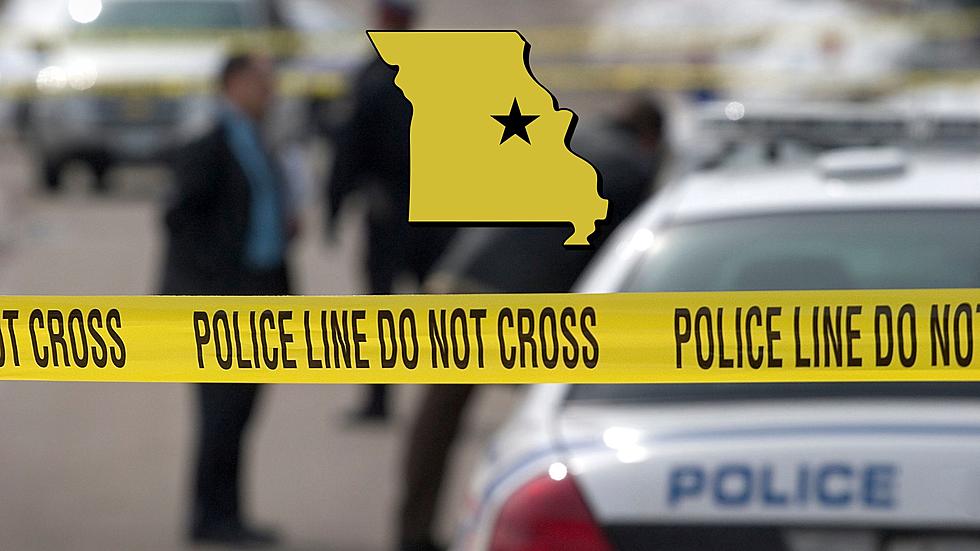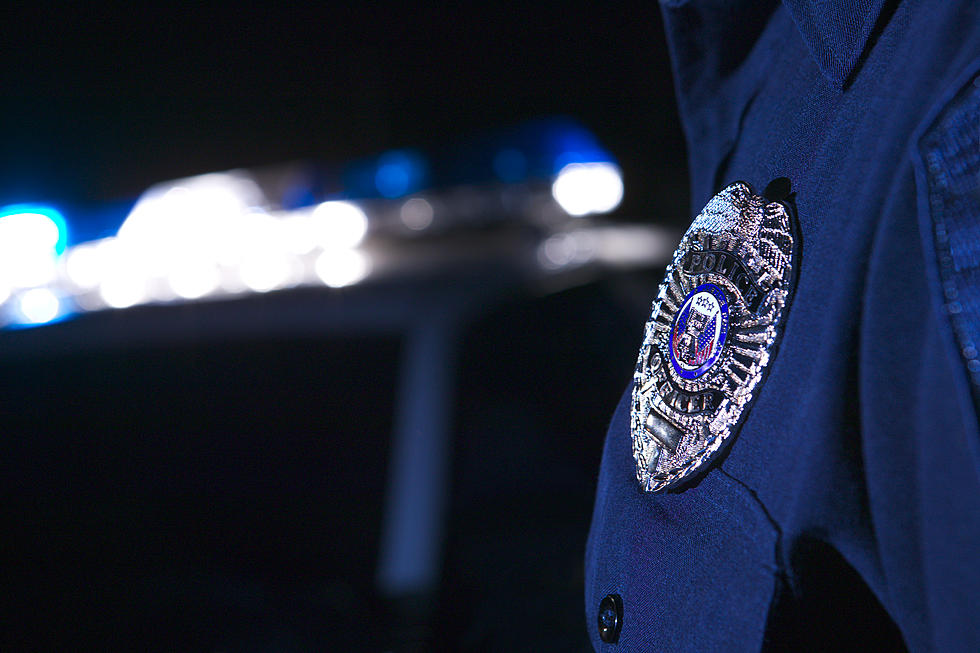
How To React To An Active Shooter
How should you react in an active shooter situation? It's not something any of us really want to think about. But after mass shootings in El Paso and in Ohio over the weekend, it's probably worth spending a few minutes going over it.
According to ready.gov here here are some tips to survive an active shooter situation:
General Information:
- Be Informed. This means get active shooter training if your police department offers it. Receive local emergency alerts on your phone. Know your employers active shooter plan, and how they will communicate with you in any situation. If you see something that doesn't look right, notify authorities right away.
- Have a plan. Make a plan with your family, and ensure everyone knows how to react if they find themselves in an active shooter situation. Understand plans for those with disabilities or those who may require some different kind of accommodations. In any environment where an active shooter situation could occur, be familiar with where the two nearest exits are, a potential escape path, and potential places to hide. (Make this a habit, wherever you are.)
During an active shooter situation: RUN and escape if possible. HIDE if you can't escape. FIGHT as a last resort.
- RUN and escape. Know all escape routes. Leave regardless of what others do. Prevent others from accessing the area. Leave personal belongings behind. Prepare for a law enforcement encounter. Keep hands visible and follow the instructions of first responders.
- Hide if you cannot escape. Turn off all lights, lock doors, barricade yourself in. Stay out of the active shooter's view. Silence any noise making devices like phones and be quiet. Position yourself for the element of surprise. Consider escape routes. Do not let anyone in. Police will find you when they clear the building. Try to communicate with police silently. Don't hide in groups. Hide in different places, make it harder on the shooter.
- Fight as a last resort. Use aggressive violent action against the shooter. Fight like your life depends on it. It does. Once engaged remain engaged. Use anything available to you as a weapon against the shooter. Fire extinguishers, chairs, furniture, scissors, pens, books etc. If you're with others, work together to take him out. Be prepared to cause a severe or fatal injury to the shooter.
After an active shooter situation keep hands visible and empty. Listen to the direction of first responders. Law Enforcement's first task is to end the situation, so you may see police run past you, ignore wounded victims etc. Officers will probably be armed with weapons drawn and they may use pepper spray or tear gas to control the situation. They may push people down for their own safety and their directions may be curt and shouted with urgency.
Once the immediate threat is over listen to law enforcement directions as they clear the building. Unless otherwise told, generally, law enforcement will send you from the direction from which they came.
A lot of active shooter training is having the knowledge of knowing what to do in the situation, and taking the time to be familiar with your surroundings to get out of the situation if it happens. There isn't a lot more to it than what I've shared.
Active shooter training provided by police departments can sometimes go into why police want you to run, hide, fight and can arm you with more practical knowledge you may find helpful or comforting during training.
As a member of the Lubbock Law Enforcement Citizens Academy a few years ago I received active shooter training from the Lubbock Police Department, and also participated in a couple of demonstration scenarios where police had to clear a shooter from a bus, using the class as passengers (and one student as the bad guy.) It was one of the more serious class nights, and the simulation was loud and a little scary. While a sobering evening, it was well worth it to receive that knowledge.
If your offered the opportunity to receive active shooter training from your local police department, or participate as a volunteer in any type of drill being held by law enforcement or emergency management, do it. In the case of an active shooter I think knowledge is power, and police departments are more than willing to share that with the people they protect. If they offer it. Take it.
More From KIX 105.7









